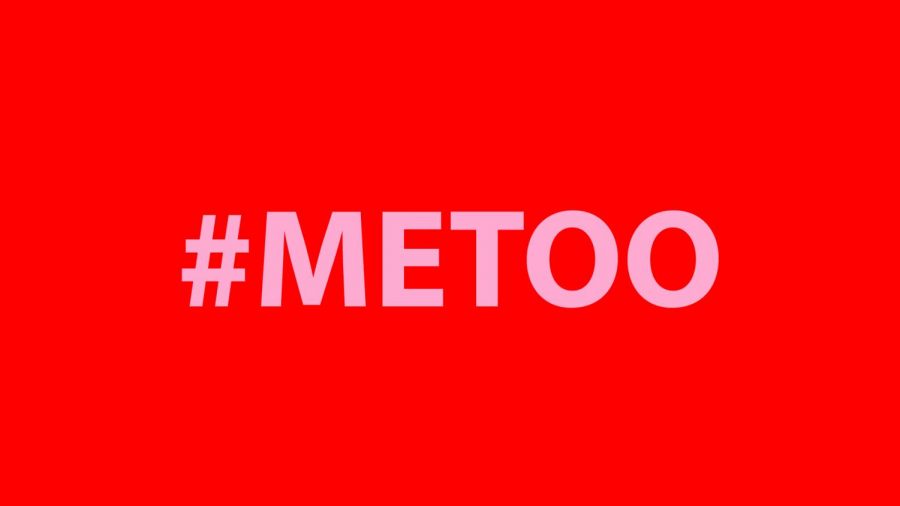#MeToo -A campaign of awareness against sexual harassment and assault
October 25, 2017
A sexual harassment and assault awareness campaign titled, #MeToo, which, according to CBS news, was created ten years ago by a woman named Tarana Burke, has recently resurfaced in a major way after actress Alyssa Milano used the campaign in the form of a Twitter hashtag to share her story of sexual assault following the reports of multiple allegations against film producer Harvey Weinstein.
The campaign has been flooding Twitter feeds and Facebook timelines with the hashtag #MeToo.
The Independent has estimated that in the first day alone, 12 million people shared the campaign hashtag and information on Facebook, and roughly half a million people used the hashtag on twitter.
We spoke with two individuals who are victims of sexual harassment and assault about what the two words, “MeToo,” mean to them.
A female community college student, who prefers to remain anonymous, believes that some people may not feel their assault is valid enough to be shared using #MeToo.
“I don’t even feel validated enough that I could participate in it, just because I guess I’m still struggling with accepting the fact that [what I experienced] was sexual assault,” the woman said. “I guess part of me is still trying to cope with the fact that maybe I didn’t do enough, or didn’t say no hard enough.”
She explained the feelings of self-blame that follow assault, and how it makes talking about the trauma so much more difficult.
“I’m not totally in a place where I can be like, yes, I was sexually assaulted, I mean I know what happened, but being vocal about it is kind of still hard.”
Another woman wanted to publicly disclose her name while sharing her experiences but due to reported threats against her over the disclosure of a sexual assault, the woman will remain anonymous.
The woman in question, a professional photographer, was skeptical of the hashtag at first.
“I think that sometimes hashtags minimize things,” she said. “But at the same time, I think the sheer volume of men that don’t understand that what they’re doing is wrong – I think that when they see how many women are saying, ‘I have been made uncomfortable’, that there is strength in numbers in that regard.”
Still, she acknowledges that the hashtag is making some people uncomfortable, and believes that it’s partly because of the conditioning that both men and women receive when they are told, ‘boys will be boys.’
“I think that there is a huge shift happening in our society right now in regards to how women demand to be treated,” the woman said. “We’re expecting men to be better.”
In her photography career, which has spanned five years thus far, she estimates that she has experienced at least 15 to 20 situations with a #MeToo qualifier, and in her personal life, she has also had to endure multiple accounts of sexual harassment and assault in varying degrees.
“There have been a lot of instances in my personal life where I’ve had a guy friend who doesn’t take no for an answer,” she said. “And I think that many times in my life, I’ve felt that I’ve had to be somewhat intimate with a guy, whether it be making out with him, whether it be sexual acts – whatever – just to get him to leave me alone, honestly.”
She spoke of incidents involving a male who invaded her privacy by looking through her phone after he became incensed by the fact that she had agreed to meet an old friend and hang out. The act quickly escalated when the male took her cell phone behind a locked door and scrolled through her messages.
“He rips open the door, shoves me into the wall, rips my pants down, and says, ‘I hope this hurts you the way that you’ve hurt me.’ And he tried to rape me,” the woman said.
She was able to escape, but this assault was not the end, the male threatened her with harm if she spoke to anyone about what he did.
According to The Atlantic the recent growth of the #MeToo campaign and the accounts of sexual intimidation, harassment and sexual assault are widespread.
The #MeToo campaign seeks to empower victims by allowing them to speak out and spread the fact that they are not alone.
In light of the extensive allegations of sexual misconduct on the part of producer, Harvey Weinstein, many victims are also deciding to go public via protests and rallies.


